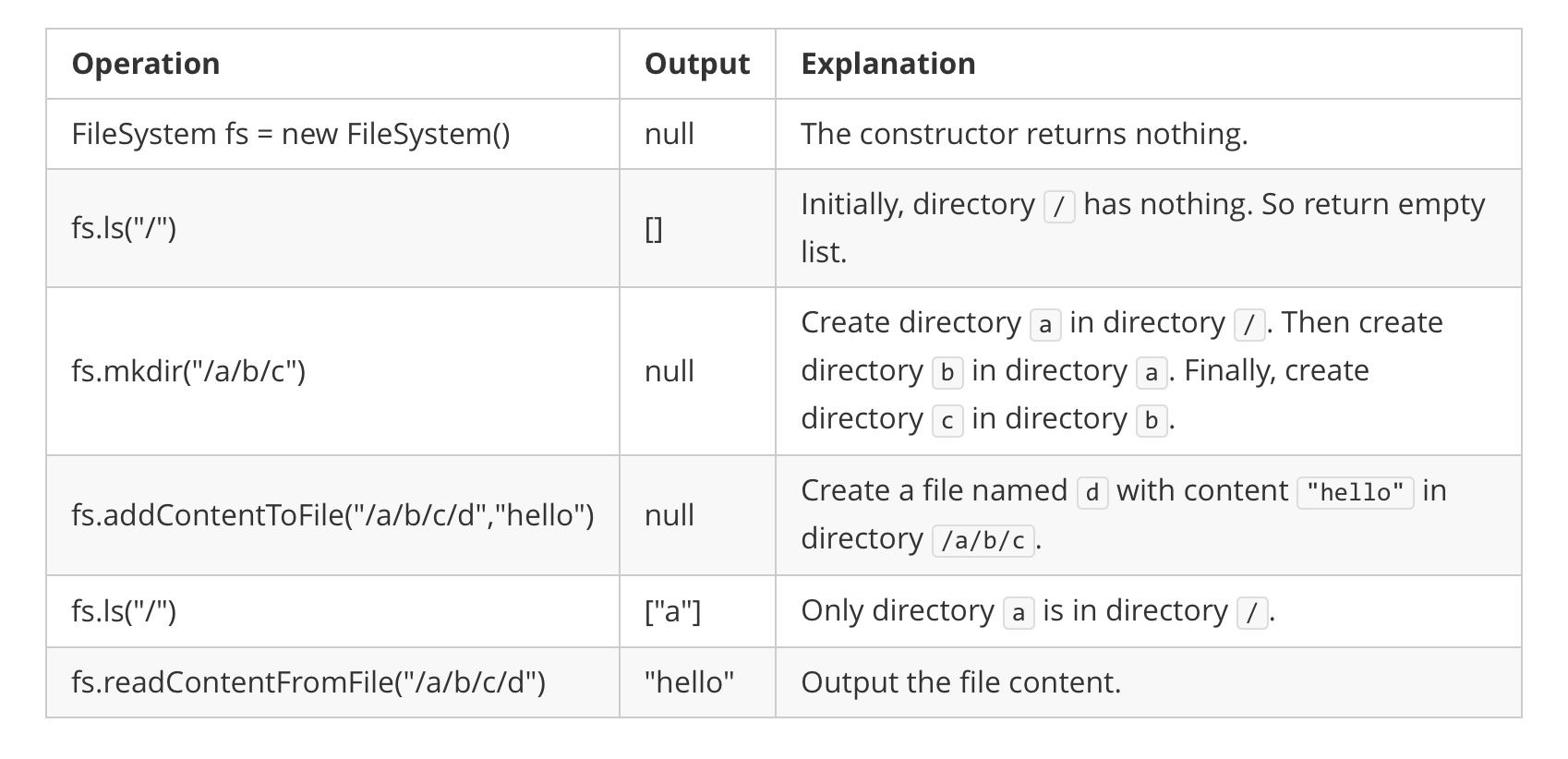1. "Buddy Strings Problem"
Given two strings s and goal, return true if you can swap two letters in s so the result is equal to goal, otherwise, return false.
Swapping letters is defined as taking two indices i and j (0-indexed) such that i != j and swapping the characters at s[i] and s[j].
- For example, swapping at indices 0 and 2 in "abcd" results in "cbad".
Example 1:
Input: s = "ab", goal = "ba" Output: true Explanation: You can swap s[0] = 'a' and s[1] = 'b' to get "ba", which is equal to goal.
Example 2:
Input: s = "ab", goal = "ab" Output: false Explanation: The only letters you can swap are s[0] = 'a' and s[1] = 'b', which results in "ba" != goal.
Example 3:
Input: s = "aa", goal = "aa" Output: true Explanation: You can swap s[0] = 'a' and s[1] = 'a' to get "aa", which is equal to goal.
Constraints:
- 1 <= s.length, goal.length <= 2 * 104
- s and goal consist of lowercase letters.
2. 两个数组的重合区域
两人大小一样的二维数组,都是0或1,返回数组a是1的连续区域数量,而且相同的区域在b也是1。例如a={{1,1,0,1,0,1}},b={{1,1,1,0,0,1}},返回2。follow up是O(1)space。
3. Food Rating System Design and Implementation
Design a food rating system that can do the following:
- Modify the rating of a food item listed in the system.
- Return the highest-rated food item for a type of cuisine in the system.
Implement the FoodRatings class:
- FoodRatings(String[] foods, String[] cuisines, int[] ratings) Initializes the system. The food items are described by foods, cuisines and ratings, all of which have a length of n.
- foods[i] is the name of the ith food,
- cuisines[i] is the type of cuisine of the ith food, and
- ratings[i] is the initial rating of the ith food.
- void changeRating(String food, int newRating) Changes the rating of the food item with the name food.
- String highestRated(String cuisine) Returns the name of the food item that has the highest rating for the given type of cuisine. If there is a tie, return the item with the lexicographically smaller name.
Note that a string x is lexicographically smaller than string y if x comes before y in dictionary order, that is, either x is a prefix of y, or if i is the first position such that x[i] != y[i], then x[i] comes before y[i] in alphabetic order.
Example 1:
Input
["FoodRatings", "highestRated", "highestRated", "changeRating", "highestRated", "changeRating", "highestRated"]
[[["kimchi", "miso", "sushi", "moussaka", "ramen", "bulgogi"], ["korean", "japanese", "japanese", "greek", "japanese", "korean"], [9, 12, 8, 15, 14, 7]], ["korean"], ["japanese"], ["sushi", 16], ["japanese"], ["ramen", 16], ["japanese"]]
Output
[null, "kimchi", "ramen", null, "sushi", null, "ramen"]
Explanation
FoodRatings foodRatings = new FoodRatings(["kimchi", "miso", "sushi", "moussaka", "ramen", "bulgogi"], ["korean", "japanese", "japanese", "greek", "japanese", "korean"], [9, 12, 8, 15, 14, 7]);
foodRatings.highestRated("korean"); // return "kimchi"
// "kimchi" is the highest rated korean food with a rating of 9.
foodRatings.highestRated("japanese"); // return "ramen"
// "ramen" is the highest rated japanese food with a rating of 14.
foodRatings.changeRating("sushi", 16); // "sushi" now has a rating of 16.
foodRatings.highestRated("japanese"); // return "sushi"
// "sushi" is the highest rated japanese food with a rating of 16.
foodRatings.changeRating("ramen", 16); // "ramen" now has a rating of 16.
foodRatings.highestRated("japanese"); // return "ramen"
// Both "sushi" and "ramen" have a rating of 16.
// However, "ramen" is lexicographically smaller than "sushi".
Constraints:
- 1 <= n <= 2 * 104
- n == foods.length == cuisines.length == ratings.length
- 1 <= foods[i].length, cuisines[i].length <= 10
- foods[i], cuisines[i] consist of lowercase English letters.
- 1 <= ratings[i] <= 108
- All the strings in foods are distinct.
- food will be the name of a food item in the system across all calls to changeRating.
- cuisine will be a type of cuisine of at least one food item in the system across all calls to highestRated.
- At most 2 * 104 calls in total will be made to changeRating and highestRated.
4. Longest Valid Parentheses Substring Length
Given a string containing just the characters '(' and ')', find the length of the longest valid (well-formed) parentheses substring.
Example 1:
Input: s = "(()" Output: 2 Explanation: The longest valid parentheses substring is "()".
Example 2:
Input: s = ")()())" Output: 4 Explanation: The longest valid parentheses substring is "()()".
Example 3:
Input: s = "" Output: 0
Constraints:
- 0 <= s.length <= 3 * 104
- s[i] is '(', or ')'.
5. In-Memory File System Design
Design a data structure that simulates an in-memory file system.
Implement the FileSystem class:
- FileSystem() Initializes the object of the system.
- List<String> ls(String path)
- If path is a file path, returns a list that only contains this file's name.
- If path is a directory path, returns the list of file and directory names in this directory.
- The answer should in lexicographic order.
- void mkdir(String path) Makes a new directory according to the given path. The given directory path does not exist. If the middle directories in the path do not exist, you should create them as well.
- void addContentToFile(String filePath, String content)
- If filePath does not exist, creates that file containing given content.
- If filePath already exists, appends the given content to original content.
- String readContentFromFile(String filePath) Returns the content in the file at filePath.
Example 1:

Input
["FileSystem", "ls", "mkdir", "addContentToFile", "ls", "readContentFromFile"]
[[], ["/"], ["/a/b/c"], ["/a/b/c/d", "hello"], ["/"], ["/a/b/c/d"]]
Output
[null, [], null, null, ["a"], "hello"]
Explanation
FileSystem fileSystem = new FileSystem();
fileSystem.ls("/"); // return []
fileSystem.mkdir("/a/b/c");
fileSystem.addContentToFile("/a/b/c/d", "hello");
fileSystem.ls("/"); // return ["a"]
fileSystem.readContentFromFile("/a/b/c/d"); // return "hello"
Constraints:
- 1 <= path.length, filePath.length <= 100
- path and filePath are absolute paths which begin with '/' and do not end with '/' except that the path is just "/".
- You can assume that all directory names and file names only contain lowercase letters, and the same names will not exist in the same directory.
- You can assume that all operations will be passed valid parameters, and users will not attempt to retrieve file content or list a directory or file that does not exist.
- 1 <= content.length <= 50
- At most 300 calls will be made to ls, mkdir, addContentToFile, and readContentFromFile.


